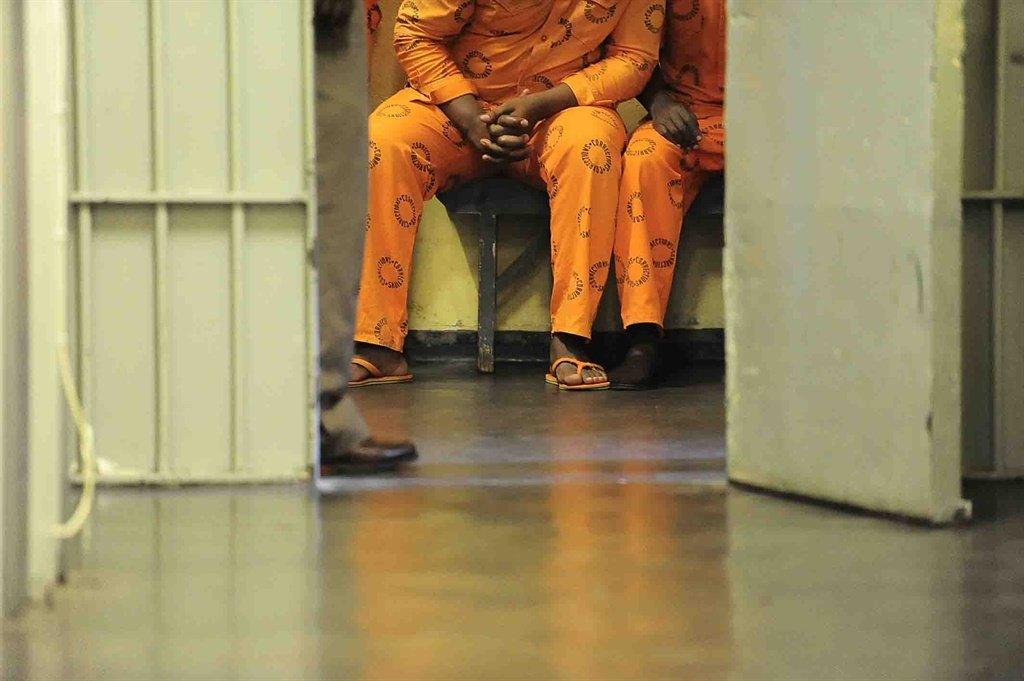Africa-Press – South-Africa. Three men who were found to be part of an organised gang that kidnapped, robbed and killed five Pakistani businessmen in the Free State between 2007 and 2008 have lost their bid to have the convictions overturned.
Saleem Qurashi, Farhan Ullah and Shabber Ghulam were sentenced in the Free State High Court in Bloemfontein in 2018. They were tried along with four other accused.
The charges they faced included the contravention of Section 9(1)(a) of the Prevention of Organised Crime Act 121 of 1998 (POCA), which relates to allegations that they participated in organised criminal gang activity, and two counts of robbery with aggravating circumstances.
Their convictions on the POCA-related charge illustrated the premeditated and planned nature of the gang’s operations. The gang also faced charges of murder, kidnapping, attempted extortion and the contravention of Section 18(2)(a) of the Riotous Assemblies Act 17 of 1956, which is conspiracy to commit kidnapping.
During the trial, the State argued that the accused, either individually or collectively, committed the offences.
The State alleged that, in November 2007, they lured four people – Malik Yasser Awan, Amanullah Nusrullam, Shabodien Hussein and Majid Saleem – to Clocolan in the Free State.
The victims were robbed of a BMW sedan, four Nokia cellphones, and two firearms. They were later murdered and buried in a shallow grave at 42 Andries Pretorius Street.
Then, in March 2008, the accused allegedly kidnapped Zia Khan at 6 Van der Spuy Avenue in Bloemfontein.
They threatened to kill Khan, unless his relative, Rashid Khan, paid them R2 million.
Khan was robbed of his Opel Corsa bakkie and a cellphone. He was murdered and buried in a shallow grave at 6 Van der Spuy Avenue.
The State alleged that some of the accused conspired with a Mr Iftikhar Ahmed to kidnap Rashid.
Qurashi, Ullah and Ghulam approached the Supreme Court of Appeal (SCA) to get their convictions overturned.
They argued that the search and seizure at 6 Van der Spuy Avenue violated their right to privacy.
The men also argued that the evidence had been obtained unconstitutionally and that it infringed on their right to privacy, as well as their right to a fair trial.
They also argued on the admission of hearsay evidence and the role it played in the convictions.
In his judgment, Judge Visvanathan Ponnan found that, although the search at 6 Van der Spuy Avenue was conducted without a search warrant, the property was abandoned.
He said, in any event, the search had been conducted with the permission of the letting agent.
“The searches in Kestell and Pietermaritzburg followed upon the arrest of suspects and were conducted in terms of Section 23 of the Criminal Procedure Act. In any event, none of the appellants testified during the course of the trial within a trial.”
He added:
On the hearsay evidence, the SCA said the High Court ruled it admissible in terms of the Law of Evidence Act.
The court also considered the evidence of two of the victims’ wives regarding telephonic conversations they had with their husbands immediately before they were reported missing.
The appeal court found there were “sufficient safeguards in the evidence, if viewed holistically, which ought to have satisfied a trier of fact as to the reliability of the hearsay evidence tendered by each of the witnesses”.
Child porn case: SCA overturns ex-principal’s conviction, sentencing over ‘invalid’ search warrant
Ponnan added that “little value” would be served in traversing the evidence of each of them in any greater detail.
“Not only did the evidence show a clear association between the accused to each other, but also links each of them by means of several different pieces of evidence to all five deceased and the two properties where their bodies were buried.
“Here, not only does the evidence show a clear association between the accused to each other, but [it] also links each of them by means of several different pieces of evidence to all five deceased and the two properties where their bodies were buried.
“It follows that the points raised on appeal, when viewed either individually or collectively, can hardly tip the scales in favour of the accused, meaning that the appeal must fail,” the judge said.
For More News And Analysis About South-Africa Follow Africa-Press






